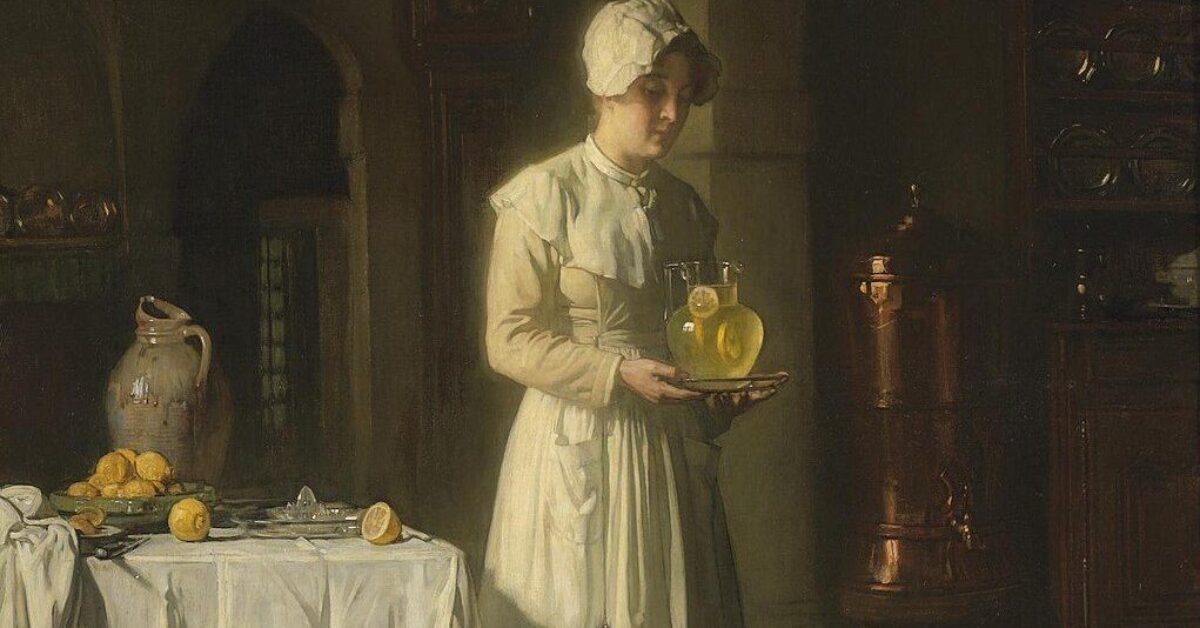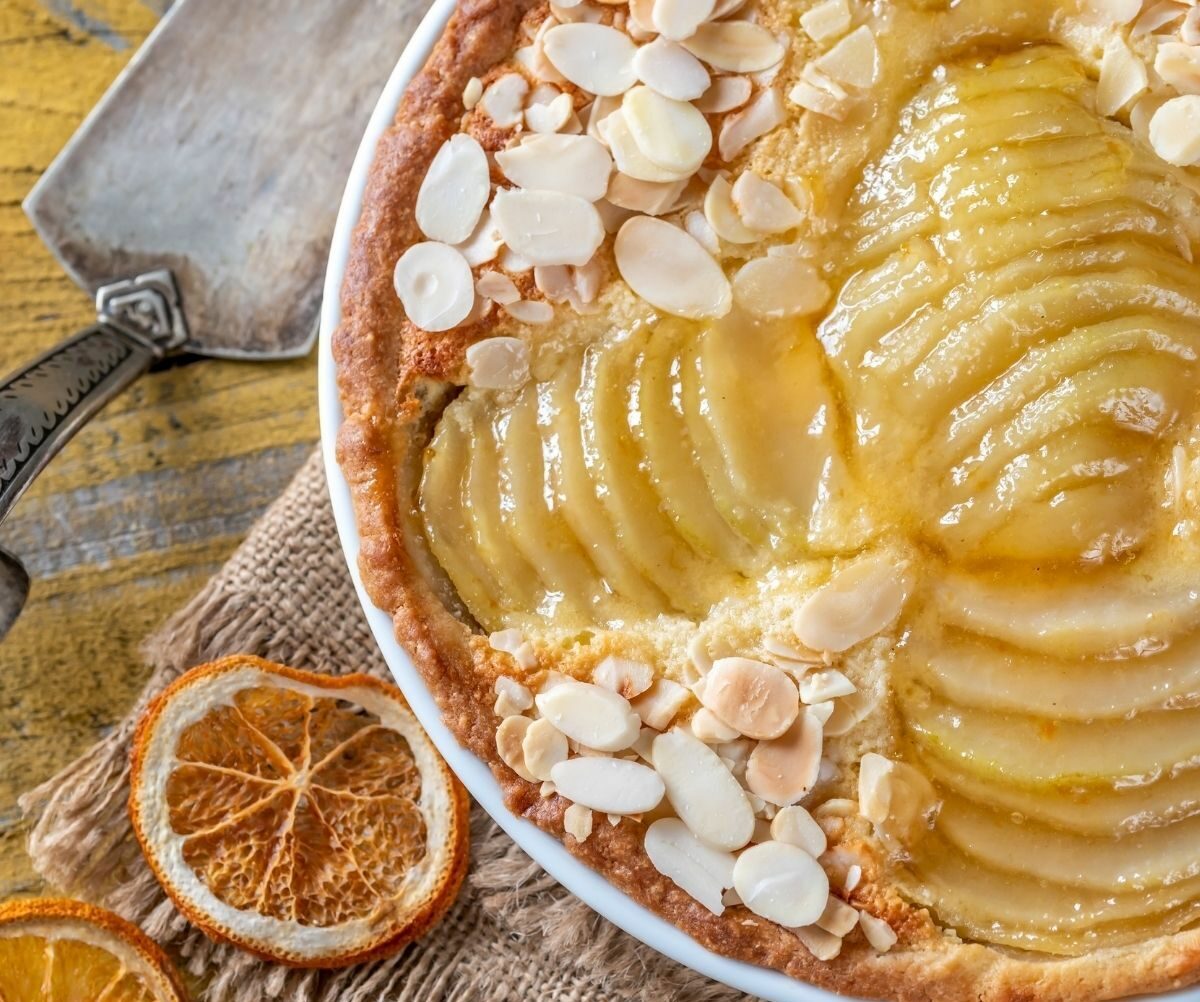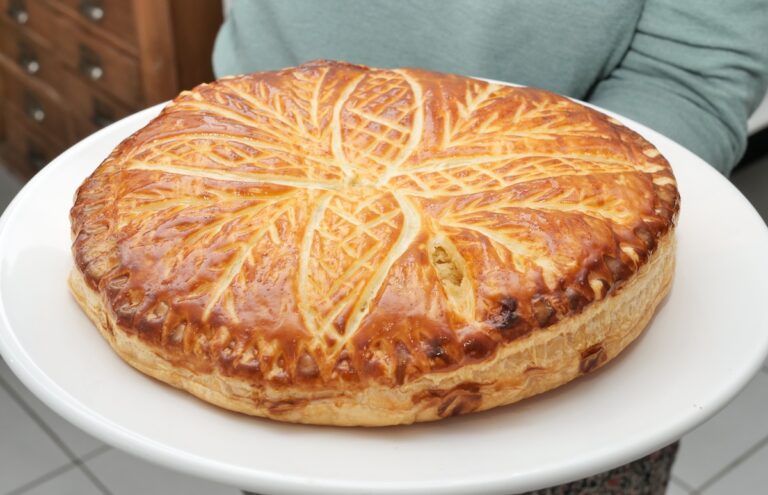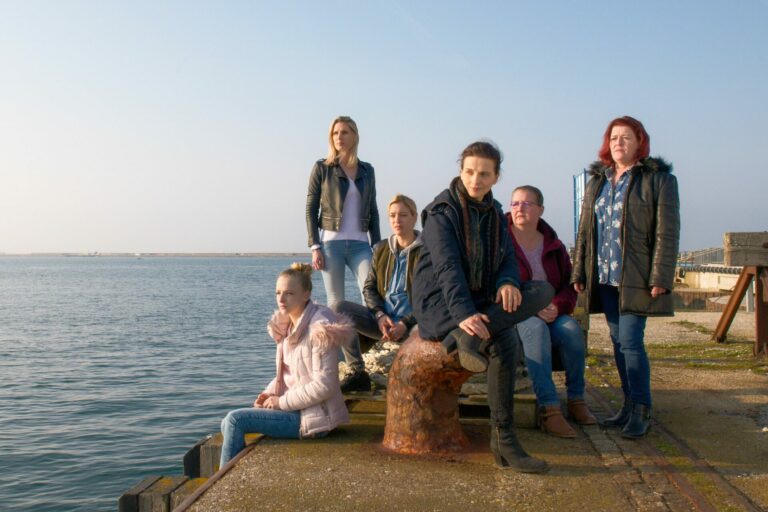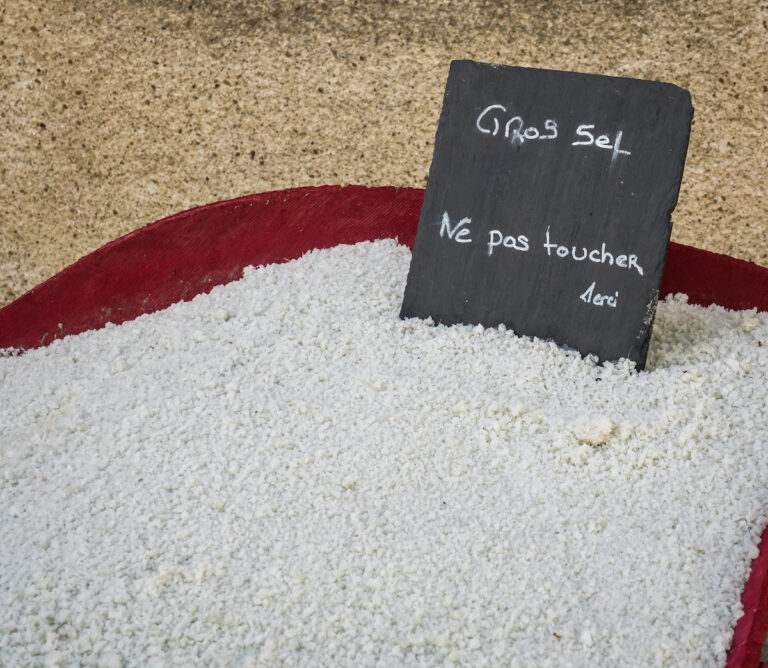It’s All Looking Lemony for the Holidays….
December 01, 2023
Dear Frenchly Readers,
A couple weeks ago, I mentioned in my Le Weekend on mashed potatoes, that it always amuses and impresses me that no matter what rabbit hole I seem to go down, I often find a French story somewhere in there. In the world of Google, no question is too silly to ask. While I was convalescing from a recent surgery, I found myself asking all sorts of questions and falling into rabbit holes. There was an odd satisfaction that came from this, though, like I finally had time to understand a few of life’s more perplexing questions: Best route from Geneva to Nice? Google has an answer. Is “lemonade” a French word? Indeed, yes it is, and it comes from “limonade.” Oh, wait, hmmm. There’s more to it than that.
The history of lemonade is actually very interesting: Fossils of lemon leaves have been found in China, proving, according to the journal Nature, that lemon trees have been around for 8 million years. And we know for sure that in the 10th Century, Egyptians were partial to concoctions of black pepper, barley, lemon leaves, and mint. In Europe, if you fast forward several hundred years, lemons were considered harmful to your health (so sour!) and even though we know that lemons grew across Asia and Europe, they were still a rarity (especially in the kitchen), and very expensive. Then, trade increased, with lemons coming to France in larger quantities on ships from places like Greece and Italy.
And then something happened.
Around 1630, the French went absolutely crazy for a drink made with honey, sparkling water and lemon juice, which was sold by limonadiers, who strolled through the streets of Paris with jugs of the drink strapped to their backs, kinda like the French version of Molly Malone selling cockles. Remember the song?
“In Dublin’s fair city, where the girls are so pretty
I first set my eyes on sweet Molly Malone
As she wheeled her wheelbarrow through streets broad and narrow
Crying cockles and mussels alive a-live O!”
Soon enough, these guys were so in demand that they even formed their own union. An interesting wrinkle to the story is that it seems that the antioxidant effect of the oil in the bitter peels, which the limonadiers tossed onto the streets, may have curbed the plague in Paris. The reason is that rats ate the lemon peels and ingested “limonene,” the strong oil in the peels, and it worked to kill fleas and eggs on the rats’ bodies, interrupting the cycle of fleas hopping off of rats and onto people. This is now thought to be the reason Paris miraculously avoided the plague, while less lucky people dropped dead across the rest of Europe. (I find this particularly interesting because I buy a cleaner called Citra Solv, which is made with limonene, and, thank God, we’ve never had fleas. I wonder if there’s a connection? It’s amazing to me that nature has most of the answers already. Are we ready to finally listen?)
The great news about lemons, whether you’re partial to lemonade, cocktails made with lemon juice, lemon tarts or bars or pies, a dash of lemon marmalade on a croissant, or a swirl of lemon curd within a bûche de Noël (or Kate Christensen’s ideas for lemon curd treats, here), is that they actually have lots of health benefits, too. No matter how you ingest lemons (and even if you buy your tarte au citron) lemon juice is known, of course, to cure scurvy, but it also helps you absorb iron better to work against anemia (which American women are dangerously susceptible to). It also fights cancer cells, is purported to help you lose weight, and can stabilize blood sugar levels.
Today, the French love lemons so much that there is a yearly lemon festival, the Fête du citron, in the small French town of Menton every year. Located on the border of France and Italy, Menton has a unique microclimate that allows it to produce some of the best citrus in the world. Because of this, the town is not only home to the three-Michelin-star-farm-to-table restaurant Mirazur, which takes full advantage of the town’s special agriculture, but also the Palais Carnolès, whose gardens are considered to house the most important collection of citrus trees in the world, including many rare varieties.
Lemons are sweet, no matter how you do them. I, for one, think a lemon dessert of any kind is the best thing at the end of a long Christmas Day.
À cuisiner, boire, regarder et lire ce weekend:
President Macron is thought to be one of the most forward-thinking heads of state in the world, especially on climate change. Indeed, France has managed many things Americans can never seem to do, like ban single-use plastics. Or pay people to mend their own clothes as part of an environmental initiative.
On the health front, France is also on the vanguard: When I was there during a heatwave in 2022, flashing signs along the sides of the impeccably clean highway reminded people to hydrate. I cannot imagine being told to hydrate as I drive on 95 between Providence and New York City. Now, France is trying to ban that nasty French habit of smoking, too.
And there is good news for those who have curly hair in France, as my younger son does. When we are in France people go crazy for his curls, his bouclettes; the word was said so often to him, and with such adoration, that we started calling him “Bouclette” as a nickname. Now, salons for curly hair are popping up all over France.
I’ve got another wonderful story here about cheese and climate change in France, and how French people are trying to hold onto tradition while also thinking outside the box. I love the anecdote in this article about the celebrated food and restaurant critic, François-Régis Gaudry, whose mother would put a curated cheese plate on the table of cheeses from various regions (in between the repas, or meal, and dessert, forming the bridge in the meal that French people eagerly anticipate) and she would say, “Now we will taste France.”
Ok, go forth, don’t stand around like a lemon–just eat more lemons!
À bientôt,
Caitlin Shetterly is the Editor-at-Large of Frenchly. She is also the author of 4 books: Fault Lines, Made for You and Me, Modified and the 2023 novel, Pete and Alice in Maine. She is a native daughter and she lives with her two sons and husband in an old house on the coast of Maine.
PS: If you like these Le Weekends, please forward them. Frenchly is growing and improving and we want as many people to know about our writers and interesting subjects as possible!
Did you get forwarded this email? Sign up here on our homepage at the sign-up widget to receive this newsletter every Friday in your inbox. I’ll give you news, films, recipes, books, stories and more every Friday afternoon to help you plan and enjoy your weekend! All for free!
If Le Weekend is going in your junk or spam or promotions box, please add us to your contacts by clicking on the address and hitting “add contact” or by dragging “Le Weekend” into your regular inbox, so you don’t have to hunt for it each week.
If you have missed any of my Le Weekends or are new to this newsletter (or just want to go find a TV show, podcast, singer, movie or recipe I once mentioned) they are all here on Frenchly.us.
Come find us on Twitter, Instagram, or Facebook.
And to advertise with us, contact our great sales team here.
Film & TV
The Best French Movies of 2023
The Complex Napoleon Situation
A French Critic’s Thoughts on Ridley Scott’s ‘Napoleon’
Holiday Foods
A Mother’s Christmas Coq au Vin
Listen Up!
French Food for the Holidays? These 4 Podcasts in English & French Will Help Get You Through

